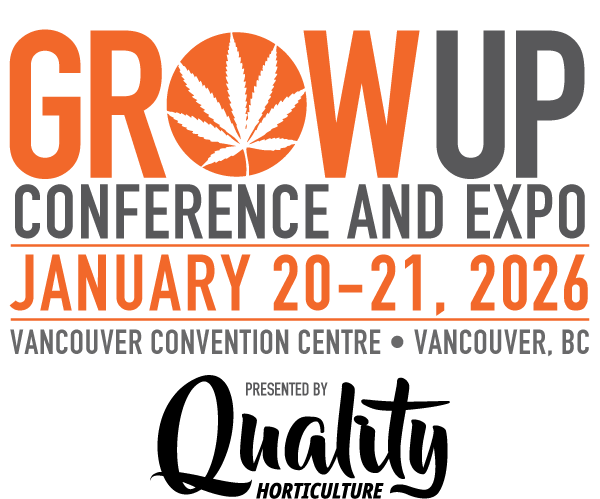An Alberta-based cannabis beverage company is calling on Health Canada to do more to address what they say are flaws in potency testing for cannabis products, especially beverages, which are leading to inaccurate THC levels.
Citing internal testing confirmed by third parties that revealed a significant variance between labelled THC levels and actual THC levels in a number of cannabis beverages in Canada, Callum Hanton, CEO of Bubble Bud Inc., the company behind Zéle Beverages, says these products put consumers and the integrity of the legal market at risk.
“The lack of accurate, standardized testing protocols for cannabis beverages is allowing products with THC levels an average of 41% above legal limits to flood the market,” said Hanton, in a press release.
“Some beverages were tested to be overdosed by over 71%. Not only does this compromise product consistency and market integrity, it also exposes consumers to serious health risks from unknowing overconsumption.”
According to a study published by cannabis testing lab Agilent Technologies, part of the challenge with creating accurate and reproducible testing of cannabinoid concentrations in cannabis beverages is because of the use of nano-emulsions to dissolve cannabinoids.
This could potentially lead to inaccurate internal testing results for these types of beverages in their formulation stage, which could lead to more cannabinoids being added to the products. It’s noteworthy that some of the cannabis products tested by Hanton’s team were around a year old.
Callum says he wants to see Health Canada do more to validate methodologies used by different cannabis testing labs to ensure that the products consumers buy are what they think they are buying. While many beverages had much higher levels of THC than advertised, some were also well below advertised amounts.
“Right now, if you go buy a THC beverage in Canada, there is a 95% chance it’s 23-36% overdosed and a 99% chance that you pick up a can and it’s dosing is wrong, with the overall average being Canadians consume 41% more THC than advertised in their cannabis beverages” he told StratCann
Hanton says he has provided Health Canada with access to his testing of cannabis beverages in Canada that showed two different data sets, indicating a significant variation in the percentage difference between measured milligrams of THC and advertised milligrams of THC. The variations range from 71% over-label claims to 47% under-label claims. He says he also provided them with the same validation letters he provided to StratCann for the purpose of verifying his claims.
“To explain this another way,” reads one of the documents provided to StratCann for verification,
“if one sampled a randomly selected drink from the above brands and flavours, 95% of the time there would be between 23% and 36% more THC than advertised.”
Part of the challenge, says Hanton, is that testing methodology for cannabis beverages presents challenges in terms of accuracy due to how these drinks are formulated. However, one of the two people who validated the testing says in their report that in the instances where THC levels were higher than the label amount, the producing company would likely have to be aware of these discrepancies.
Hanton tells StratCann he’s frustrated by what he sees as a lack of action from Health Canada.
“They were provided with both initial tests, raw data, the full report and validation letters in January 2024. We had numerous follow-up conversations with them and they chose to sit on it.
“Inaction is not going to increase the integrity of our industry. This is undermining the stability and growth of our industry. We have to be able to trust that Health Canada does their job and that there is transparent and independent oversight of testing laboratories.
“I want to see bad actors identified and I want to see those products that carry a risk for Canadians to be removed. We want the implementation of robust consistent testing methodologies across the industry. We want Health Canada to do the job they said they would do in 2018.”
A representative for Health Canada says the agency has been made aware of the testing and testing reports available from Bubble Bud Inc., but did not provide comment on any specific actions taken based on these reports.
“We can confirm that all issues and complaints brought to our attention—including any concerns related to licence holder activities as they pertain to the Cannabis Regulations—are taken seriously. Generally, when non-compliances are observed, action is taken, which often includes engaging with licence holders to rectify the situation,” said the reply, in part.
“The department continues to verify and conduct testing of cannabis products produced by the licensed industry. Health Canada’s Cannabis Laboratory (CL) analyzes legal cannabis products and provides scientific support to compliance and enforcement activities for the cannabis inspection program. The CL also provides analytical services for illicit cannabis seized by Canadian law enforcement agencies. The CL is accredited to the international standard ISO/IEC 17025 and uses high-quality scientific standards and procedures for cannabis analysis.”


